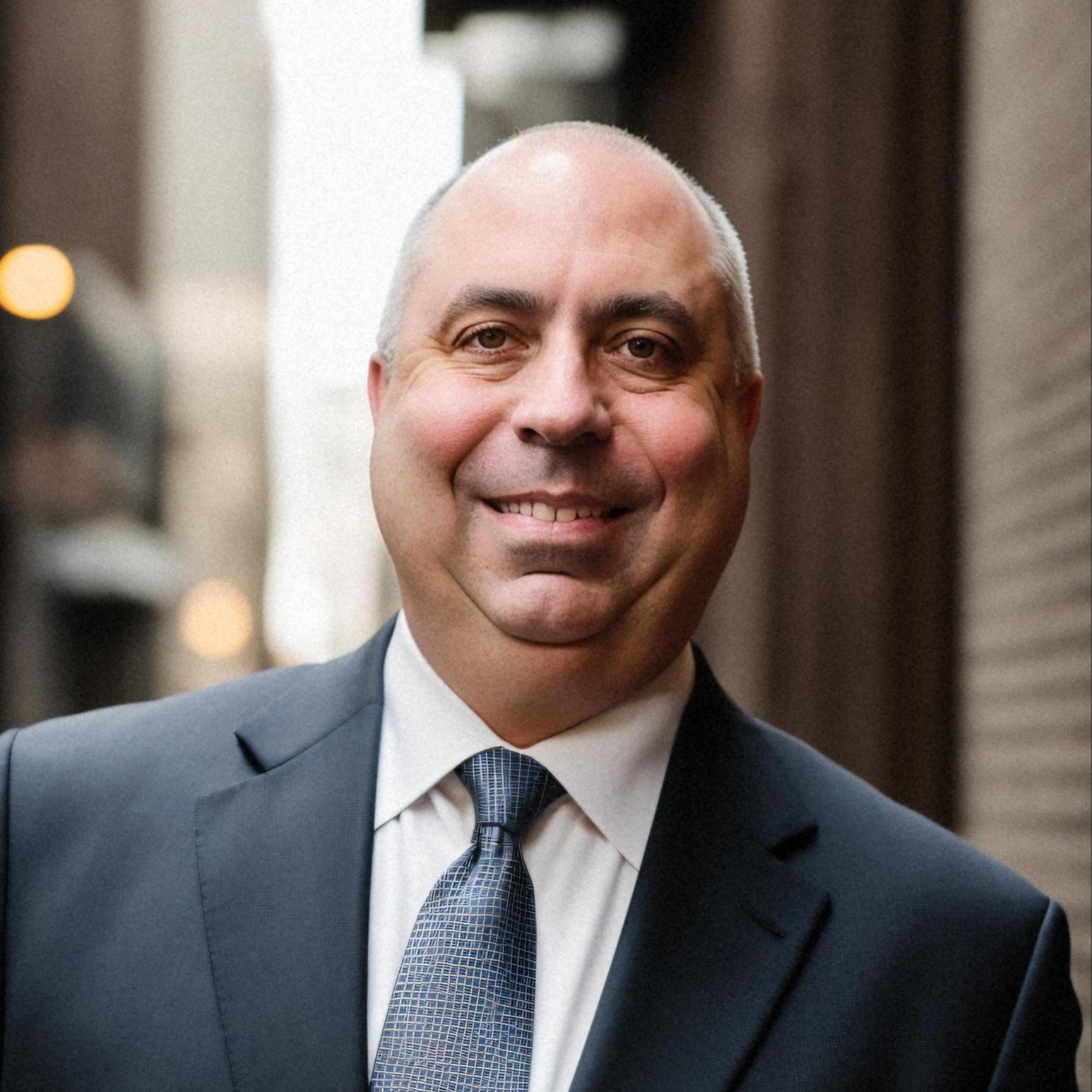Is the $150k you seek for working capital or for business expansion? There is a big difference! At Harvard Business School, there is a case, called Butler Lumber https://hbr.org/product/butler-lumber-co/292013-HCB-ENG which is exactly on this point. A working capital loan is used to finance accounts receivable or inventory, typically for less than a year. One would expect to pay a commercial bank Prime plus 1% or 2%, or 7% to 9% APR currently.
A business expansion loan to invest in R&D, new product development, or small related acquisitions. The key difference is that this is not a one year loan, it's longer term, and could be viewed as permanent capital for your business. A commercial bank would be reluctant to make this sort of loan. Better sources would include angel investors, venture capitalists, private equity firms, or investment banks targeting small businesses. The price, or interest rate, on this type of loan should be expected to be more akin to an equity capital investment return rate, for example 15% to 25%.
In Butler Lumber, the lesson was, that when you do the monthly or quarterly cash flow analysis, you find that the requested working capital loan is in fact a business expansion loan.
In your question, you mention 7 year funds, implying that it's a business expansion loan. Because the 7 year loan may cost you 15% to 25% per year in interest, or giving up some equity in your company, I suggest that you follow two courses of action:
1. Do the cash flow analysis, and see if you can get a conventional, one year or less, working capital loan from a bank, at the lower cost estimate of 7% to 9%.
2. If you have any assets inside or outside your business which are unencumbered, and can be readily collateralized, such as land or real estate, then seek a conventional mortgage loan on that asset, hopefully at interest rates below 5%.
Pursuing either of the above suggestions could get you a portion or all of the $150k you seek and much lower cost than a business expansion loan, or permanent capital.















